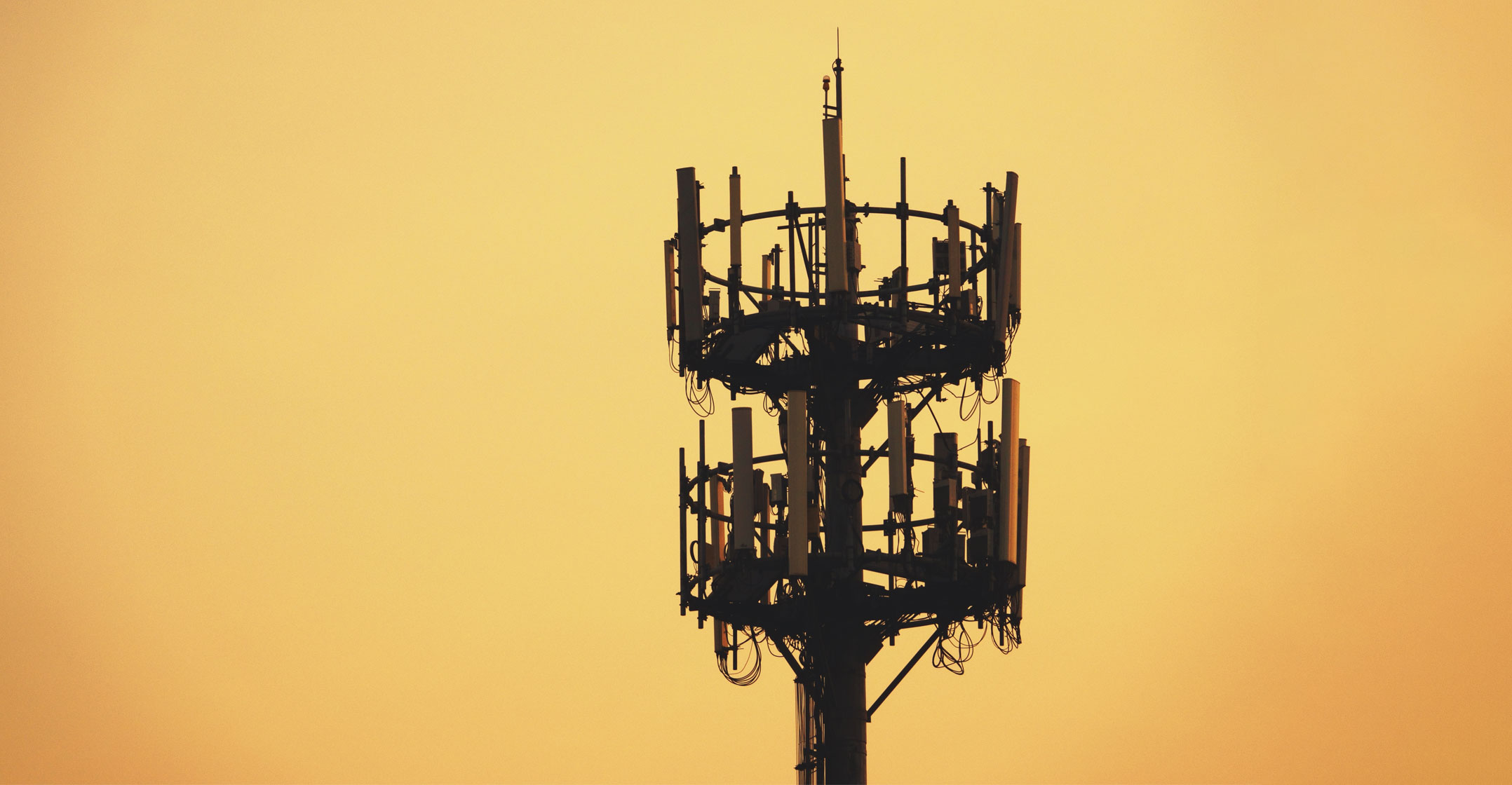 User reliance on legacy 2G and 3G networks is constraining the ability of network operators to migrate to newer technologies.
User reliance on legacy 2G and 3G networks is constraining the ability of network operators to migrate to newer technologies.
The December 2027 deadline, set by the department of communications & digital technologies, for operators to switch off their 2G and 3G networks, may prove difficult considering the number of users and devices still reliant on these legacy carriers.
According to a report by Ookla, which owns the popular Speedtest.net app, the prevalence of legacy infrastructure and the high cost of migrating customers is constraining network’s from “sunsetting” legacy technologies in South Africa – and Africa as a whole.
“2G and 3G remain prevalent in suburban and rural areas of major cities like Cape Town, Johannesburg and Pretoria,” said the report. “While South Africa leads sub-Saharan Africa in 4G and 5G penetration, 3G is still widespread and offers a satisfactory experience for basic use cases like checking the news. 2G is less relevant since it supports mainly voice services but occupies valuable sub-1GHz spectrum, which could be repurposed for more efficient technologies.”
The sunsetting of legacy networks is to make room for newer technologies like 5G that use spectrum more efficiently, providing users with a better-quality experience through faster data speeds and better utilisation of scarce bandwidth.
For mobile operators, the cost of deprecating legacy networks can be counterbalanced by the efficiencies introduced by new-generation networks that provide benefits like reduced power consumption. According to a report by GSMA Intelligence, the bulk of network costs are related to energy.
Legacy
But on a continent where device affordability is a significant problem, users are often unable to justify the upgrade to newer technologies in the same way that the mobile operators are, meaning they are priced out of the latest advancements in tech. This presents a quandary for operators, who must maintain legacy infrastructure to collect revenue from these users.
“The prevalence of basic and feature phones across the continent is another barrier. Handset compatibility issues with newer technologies and the higher costs of smartphones and data plans represent significant hurdles for low-income populations, complicating the transition process,” said Ookla.
The communications department extended the deadline for 2G/3G switch-off by two years (it was previously December 2025) to give mobile operators more time to prepare for the transition. The operators are allowed to choose which generation network, 2G or 3G, they are going to deprecate first.
Read: Africa has a feature phone problem
Telkom Mobile has already shut down 2G services, which accounted for less than 1% of its total traffic volumes. Telkom’s 3G switch-off should be less complex to execute compared to the other operators since, according to Telkom Consumer CEO Lunga Siyo, 82% of the devices on its network are 4G capable.
MTN seems to have its work cut out as it has the highest proportion of 3G devices in South Africa at 6.35% in January 2024, compared to 3.4% and 3.3% for Vodacom and Telkom, respectively. It also carries Cell C’s prepaid customer base.
 User devices are not the only hurdle the operators must surmount to successfully end their 2G and 3G networks. According to communications regulator Icasa’s March 2023 state of the ICT Sector report, South Africa has more than 11.5 million machine-to-machine connections that either use 2G or 3G connections. Some of this equipment is in difficult-to-reach places or embedded in cars and other devices, meaning that upgrading or replacing the hardware is challenging if not impossible.
User devices are not the only hurdle the operators must surmount to successfully end their 2G and 3G networks. According to communications regulator Icasa’s March 2023 state of the ICT Sector report, South Africa has more than 11.5 million machine-to-machine connections that either use 2G or 3G connections. Some of this equipment is in difficult-to-reach places or embedded in cars and other devices, meaning that upgrading or replacing the hardware is challenging if not impossible.
Another problem motivating operators to retain legacy networks is the wide range of coverage they provide, compared to newer, higher-frequency networks whose coverage spans shorter distances. Despite high connectivity rates in urban areas, South African operators have significant gaps in coverage in rural and remote communities – a problem that is even more pronounced in other parts of Africa.
Partnerships between the mobile operators and satellite broadband service providers look promising when it comes to solving the universal coverage problem, but the technology is still in its infancy. That means that, at least for now, legacy networks are critical to maintaining coverage in more remote areas.
Read: Telkom to ditch 3G network after dumping 2G
“The decision to sunset one network before another should be informed by market conditions, including the number of customers that use legacy networks, the cost of maintaining their operations, and the dependency of enterprise services on these networks. In either case, it is important to adopt a phased approach to sunsetting, prioritising areas with higher 4G coverage first, before moving to rural and remote regions. This approach will help to minimise disruption and allow users more time to prepare for the transition,” said Ookla. – © 2024 NewsCentral Media

